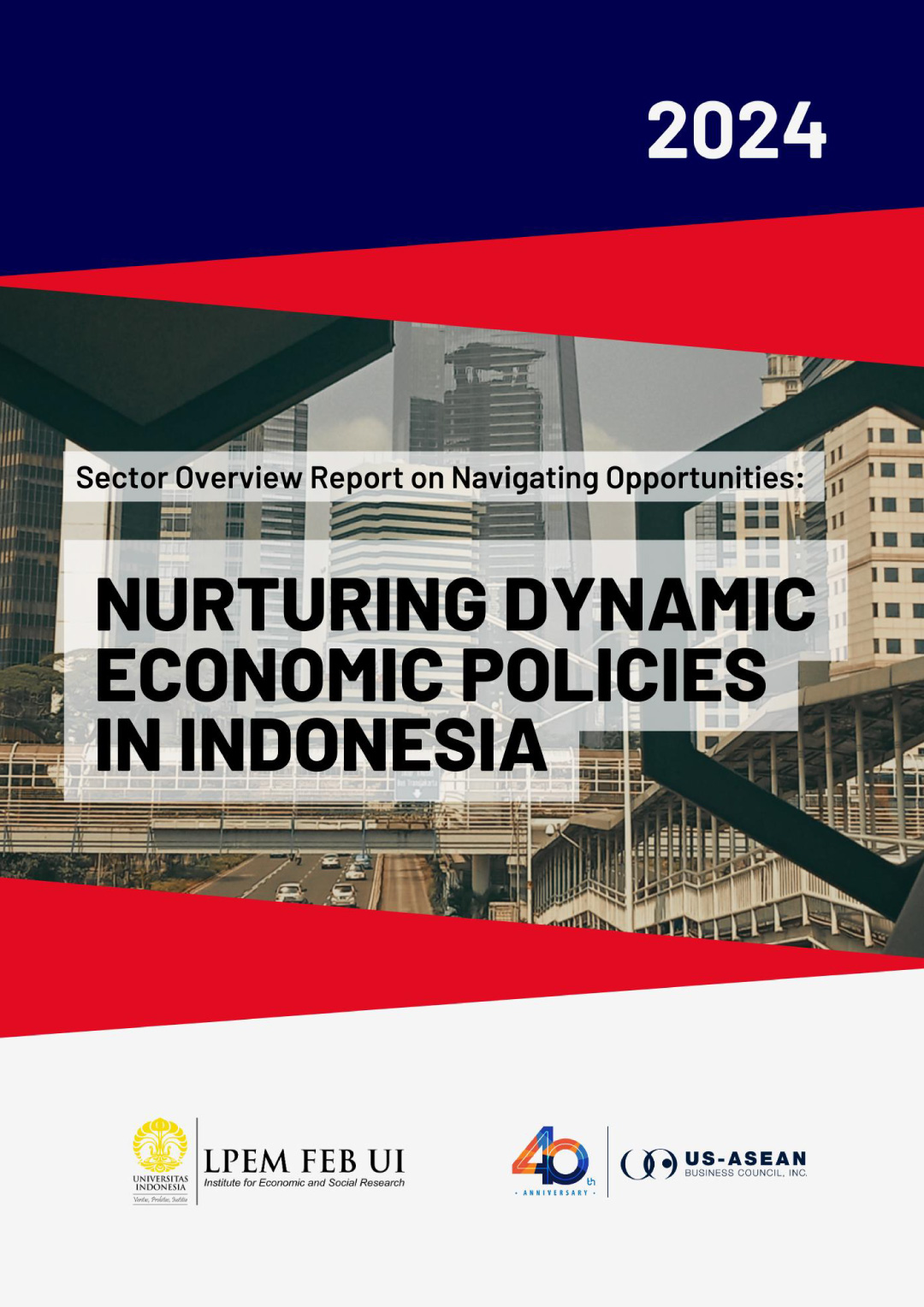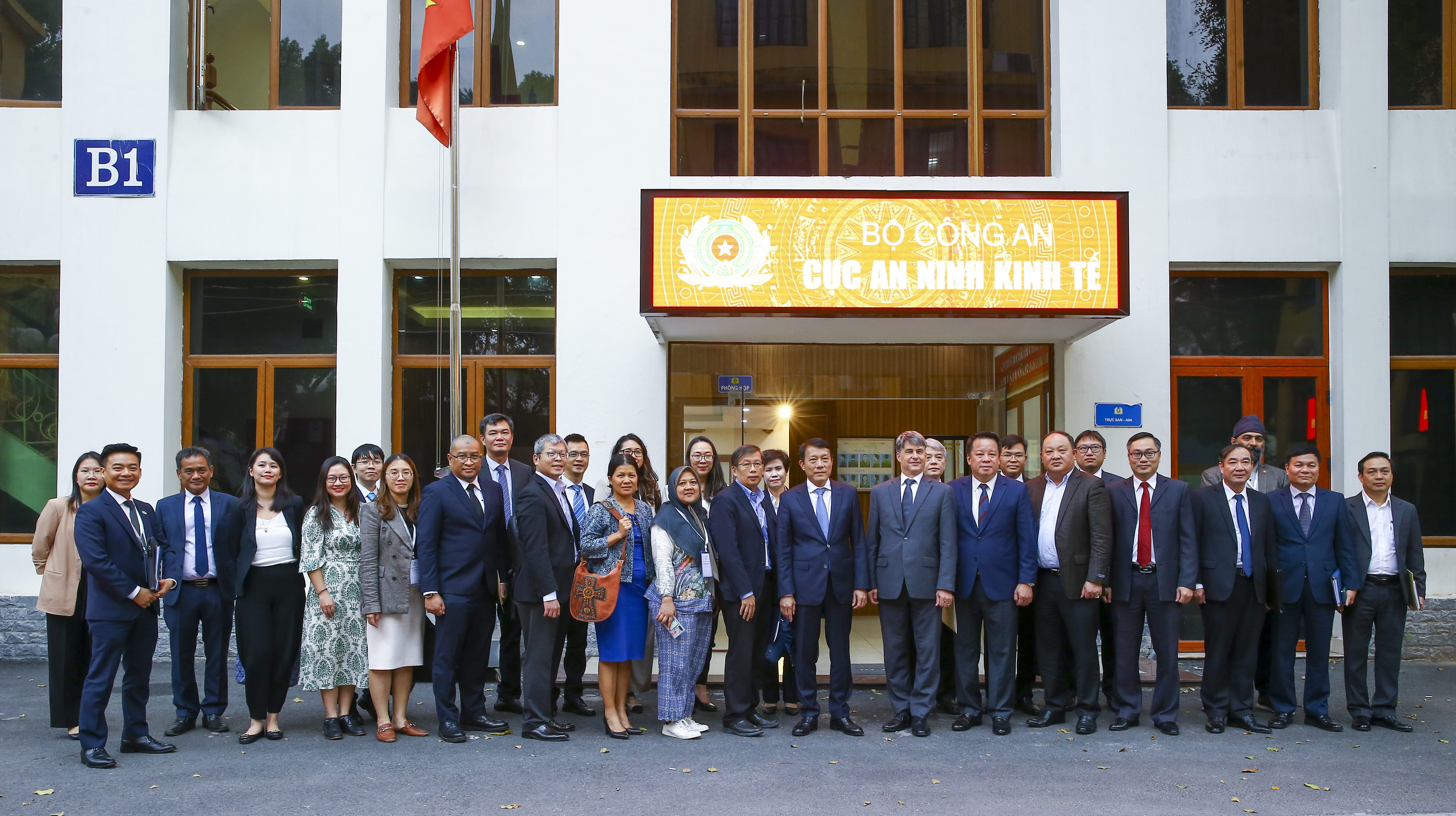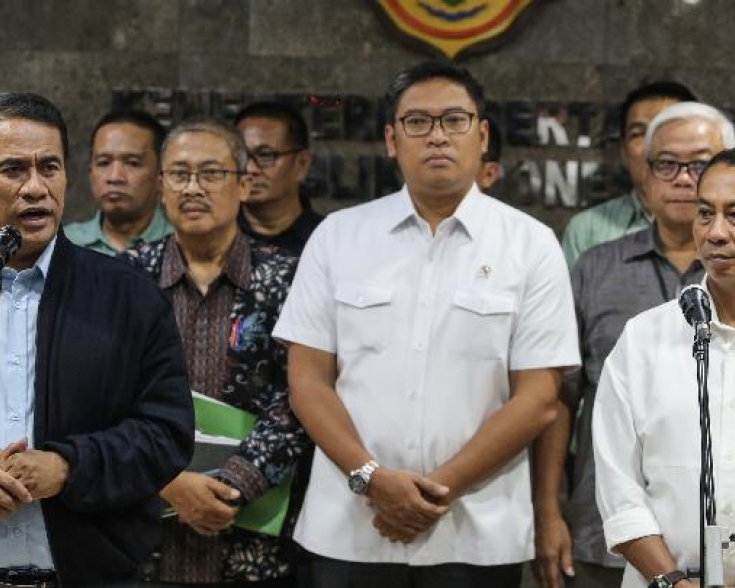Navigating Indonesia’s Energy Transition Amid Global Partnership Shifts

The recent decision by the US to withdraw from its leadership role in the Just Energy Transition Partnership (JETP) as well as President Trump’s second exit from the Paris Agreement has significant implications for Indonesia’s energy transition efforts. As a previous co-lead alongside Japan, the US played a key role in coordinating efforts among the International Partners Group (IPG) to align Indonesia’s climate goals with substantial financial support. This withdrawal casts uncertainty over the future of the US$20 billion fund earmarked for decarbonizing Indonesia’s energy sector. Furthermore, the shutdown of US-funded aid and development programs worldwide raises concerns about the continuity of USAID initiatives supporting Indonesia's overall energy transition efforts.
In response to US withdrawal, Germany has confirmed it will step into the JETP co-leadership position with Japan. Additionally, the EU and France have launched the Indonesia Energy Transition Facility (IETF), committing an extra €14.7 million (about 15.2 million USD) to accelerate JETP efforts. The initiative aims to support the development of Indonesia’s energy policies and strengthen the capacity of state-owned enterprises to implement renewable energy projects.
Despite stepping back from its leadership, the US remains involved in the JETP due to its financing interests, according to the Indonesia JETP Secretariat. JETP partners are expected to meet by March to assess the impact of the US withdrawal and strategize ways to maintain funding commitments to Indonesia, Vietnam, and South Africa, which collectively amount to over US$45 billion.










